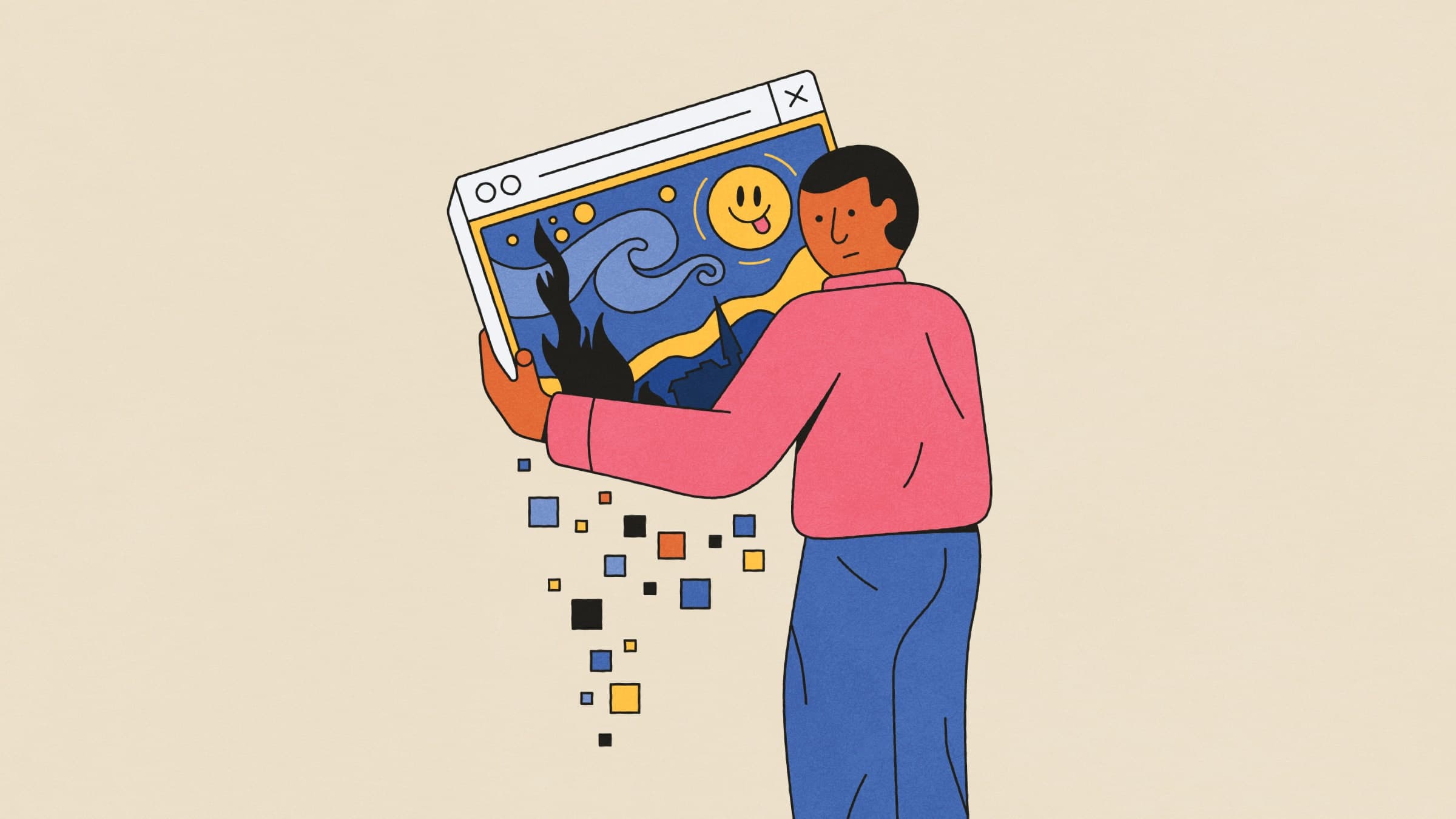
Exploring the Future of Robotics: AI, Automation, and Beyond
Robotics, once confined to the realm of science fiction, is rapidly becoming an integral part of our daily lives. Advancements in artificial intelligence (AI) and automation technologies are driving the development of increasingly sophisticated robots, capable of performing tasks that were once thought to be exclusively human domain. From self-driving cars to surgical robots, the applications of robotics are expanding at an unprecedented rate.
"Artificial intelligence is the most important thing humanity has ever worked on. I think it's the future of civilization."
-Elon Musk (CEO of Tesla and SpaceX)
The Rise of AI-Powered Robotics
Artificial intelligence has played a pivotal role in the evolution of robotics. AI algorithms enable robots to perceive their environment, learn from experience, and make intelligent decisions. One of the most prominent examples of AI-powered robotics is the development of chatbots like ChatGPT and Gemini AI. These chatbots are capable of understanding and responding to human language, making them valuable tools for customer service, virtual assistants, and even creative writing.
Boston Dynamics: Pioneering Humanoid Robotics
Boston Dynamics, a leading robotics company, has been at the forefront of developing humanoid robots. Their creations, such as Atlas and Spot, have captured the world's attention with their impressive agility, balance, and ability to navigate complex environments. These robots have the potential to revolutionize industries like manufacturing, construction, and search and rescue operations.
The Future of Robotics: Automation and Beyond
As robotics technology continues to advance, we can expect to see even more innovative applications in the future. Here are some potential areas where robotics will have a significant impact:
Healthcare:
Robotic surgery systems are already being used to perform complex procedures with greater precision and accuracy.
In the future,
we may see robots assisting in patient care,
rehabilitation,
and even companionship for the elderly.
Manufacturing:
Robots are already widely used in manufacturing to automate repetitive tasks and improve efficiency.
As AI and robotics technology continue to evolve,
we can expect to see even more sophisticated robotic systems capable of performing more complex tasks,
such as assembly,
quality control,
and customization.
Transportation:
Self-driving cars are just one example of how robotics is transforming the transportation industry.
In the future,
we may see autonomous drones delivering packages,
robotic taxis navigating urban environments,
and even robotic spacecraft exploring distant planets.
Exploration and Research:
Robots are being used to explore dangerous environments,
such as nuclear power plants and underwater caves.
In the future,
they may also play a crucial role in scientific research,
such as studying climate change and exploring distant planets.
The future of robotics is filled with exciting possibilities. As AI and automation technologies continue to advance, we can expect to see robots playing an increasingly important role in our lives, from our homes and workplaces to our transportation and healthcare systems. The possibilities are endless, and the future of robotics is sure to be a fascinating one.